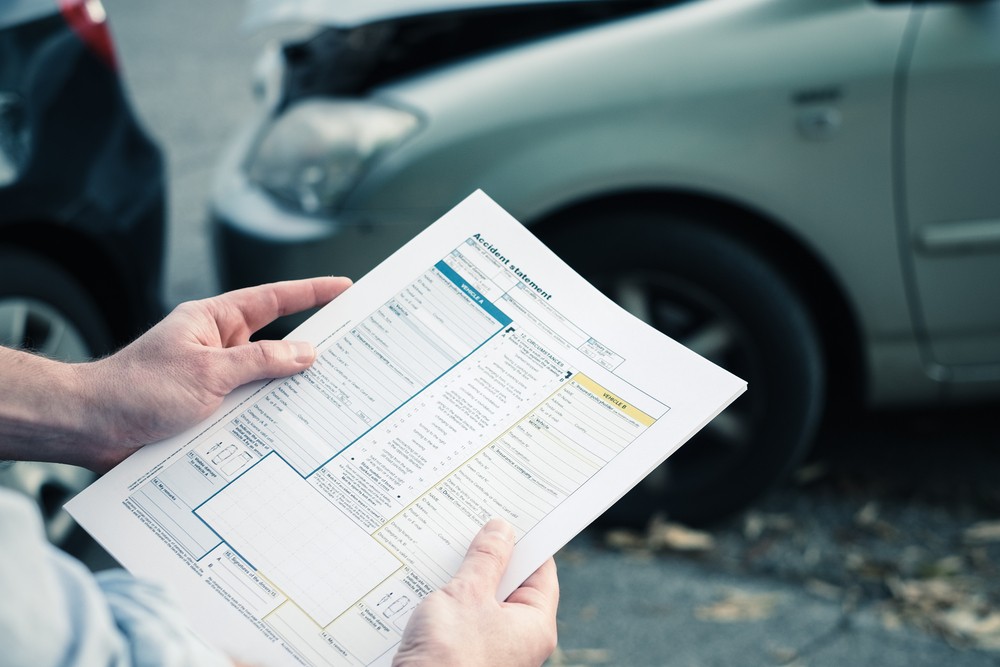
What Does Renters Insurance Cover?
What Does Renters Insurance Cover?
There are certain hazards and duties associated with renting a house or apartment. Renters, in contrast to homeowners, are liable for their own liabilities and own personal items but do not own the house in which they reside. A vital financial safety net that gives tenants peace of mind by guarding against unforeseen circumstances is renters insurance. It’s a common misconception among tenants that their landlord’s insurance covers their belongings. Landowner insurance does not cover tenant property and personal liabilities; only the building’s structure is. Renters insurance fills this need by providing various coverage that guards against damage, loss, theft, and legal costs.
Personal Property Coverage
Coverage for personal items is among the most important components of renters insurance. The tenant’s valuables, such as clothing, gadgets, appliances, furniture, and other items, are safeguarded. In the event of a fire, theft, vandalism, or plumbing-related water damage, renters insurance can assist with replacing or repairing the damaged things. Generally, policies cover possessions in the rental property or in other locations, such a hotel room or a car. To prevent being underinsured, renters should make sure they have enough coverage by assessing the value of their possessions and taking inventory.

Liability Protection
Liability protection is another crucial aspect of renters’ insurance because accidents can occur anytime. Tenants may be held liable for medical expenses and legal fees if a visitor is hurt while on the rented property. In the event that the renter is held accountable for harm to another person or property damage, liability coverage guards against lawsuits by paying for court costs and settlements. Furthermore, depending on the terms of the insurance, occurrences that occur outside the home may also be covered because this coverage goes beyond the rental property.
Additional Living Expenses (ALE) Coverage
Additional living costs (ALE) coverage assists in covering the cost of interim accommodation, meals, and other essentials in the event that a covered peril such as a fire or severe storm makes a rental unit uninhabitable. This guarantees that tenants won’t have to struggle to find other housing while repairs or reconstruction are underway. Examining the terms to comprehend the duration and limitations is crucial because ALE coverage differs throughout policies.
Theft And Vandalism
Losses brought on by theft and vandalism are also covered by renters insurance. The policyholder is entitled to reimbursement for any personal belongings taken by a burglar who breaches into the rental unit. In the same way, if the apartment is damaged for example, by broken furniture or graffiti on the walls the policy might pay for repairs or replacements. Even objects that are stolen from places outside than the home, like a stolen laptop from a coffee shop, are covered by certain insurance.
Fire And Smoke Damage
One of the most destructive natural disasters that can occur in a home is fire. Renters insurance helps replace items damaged in a fire by covering smoke and fire damage to personal property. Furthermore, in the event that fire damage renders the rental unit uninhabitable, the ALE coverage will help with interim accommodation. This coverage is crucial because smoke damage, even in the absence of flames, can destroy electronics, furniture, and clothing.

Water Damage
Renters insurance can assist in covering damages brought on by leaks, burst pipes, and plumbing problems. Water damage is a frequent problem for renters. However, flood damage brought on by natural calamities is usually not covered by regular plans. Renters residing in flood-prone locations should consider getting extra flood insurance from private insurers or the National Flood Insurance Program (NFIP).
Natural Disasters And Weather-Related Damage
While many weather-related damages, like hail and windstorms, are covered by renters insurance, some natural disasters, including earthquakes and floods, typically call for additional coverage. Renters should evaluate their geographic location to see whether they need any additional policies to guard against risks unique to their area.
Loss Of Use Coverage
Loss of use coverage guarantees that the tenant receives financial help for temporary lodging, food, and other living needs should a covered incident render a rental apartment unusable. In cases when major repairs are required, this can especially help to avoid renters bearing unanticipated expenses while displaced from their houses.
Medical Payments Coverage
Medical payments coverage is another feature of renters’ insurance, which helps defray medical costs should an injury arise on the premises. Unlike liability coverage, which could call for court cases, medical payments coverage usually covers minor injuries like cuts or sprains regardless of responsibility.
Items Stored Off-Premises
Many renters’ policies cover personal items kept off-site—that is, at a storage facility. Should these objects be stolen or damaged, the policyholder could be reimbursed; coverage limits may be less than those for things within the rental apartment.
Coverage For High-Value Items
Standard renters’ insurance policies restrict coverage for pricey items including jewelry, artwork, and collectibles. High value item renters should think about including a rider or endorsement to guarantee complete coverage for their belongings.
Conclusion
Renters’ insurance is a great instrument that shields renters from financial loss resulting from theft, fire, water damage, liability claims, and other events. Although many renters would ignore this policy, it offers necessary protection that, should an unanticipated tragedy strike, could save thousands of dollars. Knowing the several features of renters’ insurance helps renters decide on their coverage requirements and guarantee they are sufficiently covered. A thorough renters insurance policy gives financial stability and peace of mind whether your rental is an apartment, house, or condominium.

FAQ
Although many landlords and property management firms demand that renters carry a policy as part of the lease agreement, renters insurance is not legally required by law.
Renters’ insurance rates depend on location, coverage limits, and the tenant’s personal property. Renters insurance runs typically between $15 and $30 a month.
Policies for standard renters insurance just cover the possessions of the policyholder. Unless specifically covered in the same policy, roommates must have separate renters insurance policies.

